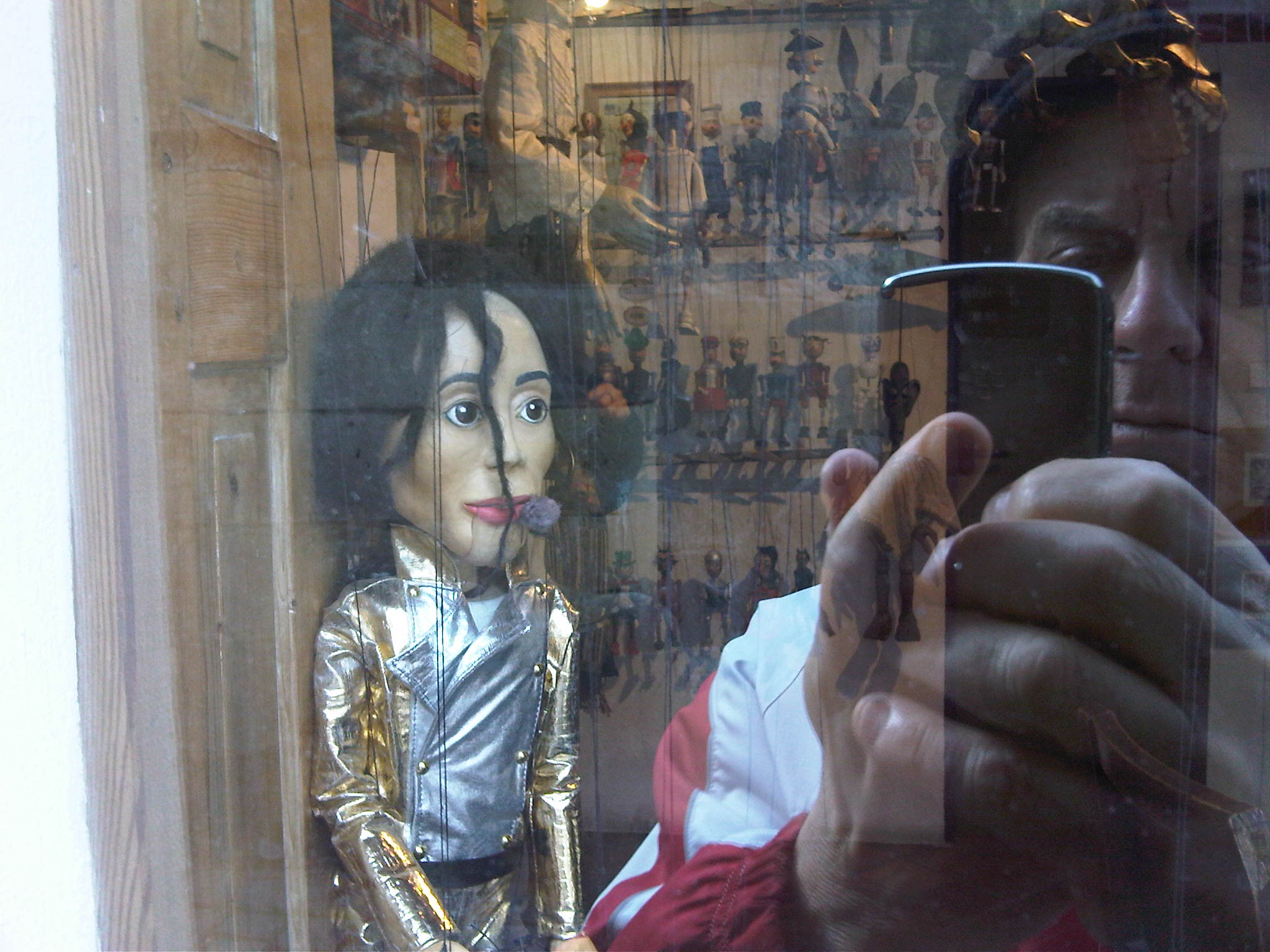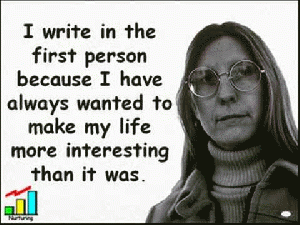"I had been dreaming a complicated dream about helping poets revise their poems, so that each ending would open like a flower. I was not arguing, but engaged in a rousing discussion."
--Diane Wakoski (from the Introduction to Bay of Angels)
Intro: I'm sure that any "literary" person, any then-nascent-feminist, any now-graybeard-hippie remembers Diane Wakoski from the 60s/70s when she was "one of the pillars of the Beat Movement" (with Ferlinghetti, Ginsberg, Corso, Snyder, Denise Levertov, Imamu Baraka, et. al.). And many of us have remained loyal fans--joining new fans--as Diane has continued to track our pulsating Culture in inimitable poetry these past 45 years!
I initiated first-contact with Diane a little after I learned that her next book, BAY OF ANGELS, would be published by Anhinga Press (it's out now). Anhinga had published my first collection back in 1989. About 3 weeks ago, as guest-poetry editor at Counterpunch, I solicited poems, and was happy to post 2 excellent ones from Diane (including, "Frisked for Butterflies," unpublished/unposted elsewhere): http://www.counterpunch.org/2013/08/30/wakoski-and-smith-ferri/
Over the past year or so, I've posted a series of conversational pieces (now called "Prologues" because one builds on, leads into, another). I collaborated with "working-class poet" Charles Orloski and with Russian scientist-poet-translator, Victor Postnikov. My most recent one with Victor Postnikov appeared here: http://www.counterpunch.org/2013/08/12/conversations-on-the-arts-politics-and-science-between-a-russian-and-an-american/
After I posted her poems, I sent Diane a copy of the above. I asked her if she'd like to collaborate with me on such. Her response: "I'm game."
For me, these conversations are a way to present the Arts, make the Arts "relevant," and invite the reader to participate. It's not a prof pontificating on meter, similes and metaphors; but, rather, two adults talking about what's going on in the world and what they care about! A wonderful book that did for myth what I hope to do for the Arts is Joseph Campbell's and Bill Moyers' THE POWER OF MYTH. Based on the PBS hit from the 80s, that NY Times bestseller's appeal was in the flowing, electric current of words between two educated, interested, down-to-earth participants !--Gary Corseri
Gary Corseri : You write in your Introduction to Bay of Angels that your own poetry and prosody have been strongly influenced by: "The New Criticism--at least the aspect of it that I interpreted like this: each poem must be a self-contained whole, not dependent on other (often arcane) works of literature."
That's a positive interpretation of that form of Lit Crit which established itself as the dominant modality from the 1920s to 1970s, with celebrants and exponents like T. S. Eliot, I. A. Richards, John Crowe Ransom and Cleanth Brooks. When I was an undergrad in the 60s, and, after a long work-hiatus, a Ph.D. candidate in the early 80s, New Criticism was still the methodological lens for examining a literary work. (Of course, by the early 80s there were other "contenders"--structuralism, post-structuralism, deconstructionism, and a plethora of other schisms and isms!)
One problem I had with New Critical thought was that it tended to minimize the author, to remove him/her from the political/economic milieu of his/her period. I could understand that as a reaction against 19th Century Romanticism which placed the author him/her-self front and center, over-emphasizing Shelley's capers, or Byron's romantic affairs, or Dickinson's eremitism" but, I often wondered if the New Critics hadn't strayed too far in the other direction--against the biographical, against personal contexting? I wondered if a better balance might be struck? So, I was surprised to read your salute to New Criticism, and even more surprised to find your poems in Bay of Angels quite personal, self-revelatory, and, often interwoven so that one poem is, in fact, dependent on another for its full realization, it's "opening like a flower."
I hope you can expatiate on this theme: What does "New Criticism" mean to you? How do you reconcile your very personal, interwoven poems with the New Critical idea of "self-contained" works of literature?
Diane Wakoski: I first began writing poetry in the late fifties when The New Criticism was new, and it gave young poets permission to become Whitmanian self-heroes/heroines of their own poems. I felt I was no longer minimalized; no longer did I have to pretend I was living in the world of Oedipus, King Arthur, Athena, or any other mythic or legendary figure. I could invent Diane as a persona--there was no stigma to writing in the first person. This was as liberating as free verse itself.
Ironically, in the late eighties, when I began to write The Archaeology of Movies and Books, my quartet of books exploring the Classic myth of Medea and Jason, again casting myself in the role of the mythic heroine, I did not feel I was abandoning New Criticism concepts , but that I was finally using them more originally. I have often quoted Henry James biographer, Leon Edel, who said something like this: "Of course, The New Critics cheated. They all knew each other and, thus, understood each other's references. They were still alluding to matters and ideas outside the poems, just more contemporary ones."
Young poets in the sixties were adamant about being able to use contemporary references. This led to using mythologies and legends other than the Classical, ranging from the Native American to movie gods and goddesses. One aspect of this was writing about current events, such as the Vietnam War. My own writing has always focused on the personal, and despite the fact that I grew up with a naval father, I have never written about war or other current events. But I, too, "cheat" in the sense that while I don't require that my readers be erudite, I do want them to know my references.
Next Page 1 | 2 | 3 | 4 | 5 | 6 | 7
(Note: You can view every article as one long page if you sign up as an Advocate Member, or higher).






